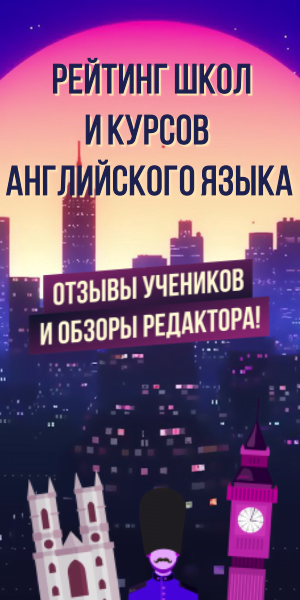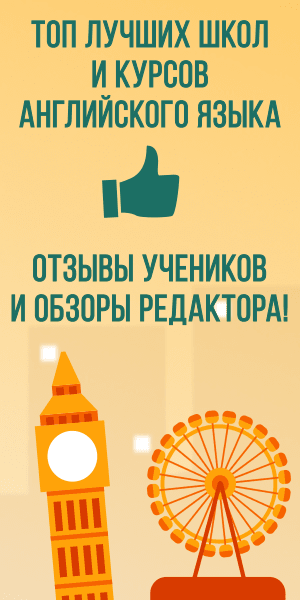You are driving down the highway for a summer road trip across the country. The passengers are craving some Chili Peppers, so you place a call to the local radio station and request the song Aeroplane. The DJ on the other end tells you it has just been put on a list of potentially inappropriate songs as a result of the 9/11 attack, the station won’t play it, how could this be? First of all the word isn’t even airplane. Secondly, the lyrics reference music as being an aeroplane, simply as a way of exploring the world. Unfortunately, this is only one way censorship has corrupted listening experiences for music lovers around the country. Censorship has plagued the music industry. No artist should be silenced, regardless of the message.
For starters, the music content is just one of many issues that puts the first amendment to work. Mass Mic, an organization which fights against music censorship said, “The First Amendment to the constitution extends freedom of speech to all Americans… The First Amendment protects the rights of artists to produce controversial material.” As a result of censorship, bands are losing fan support because some stores won’t sell music with parental advisory stickers to persons under the age of 18. Stores are concerned with potential lawsuits against them for exposing children to unsuitable music. In 2004, the SkeeQueenamily was shocked when they heard the f‑word in a song their 13-year-old daughter was listening to. In an extreme action, they sued Wal-Mart since the store isn’t supposed to carry CD’s with parental advisory labels even though it wasn’t present. Parents are so concerned about youth crime and suicide, and they just don’t know what to do about it. Music is something that stereotypes kids, so it’s easy to focus on. Still, TV, movies, and the Internet are all prime sources to get to more detailed information on the same controversial subjects that lyrics at times make mention to.
Exposure to what some consider potentially dangerous isn’t always something to be scared of. Many artists use their lyrics to share their experiences with drugs and sex to educate listeners of the consequences. It’s never been proven that music causes people to do bad things. In one study it was found if you ask kids to tell you the story of their favorite song, they can’t. They can only infer what the artist is making refer reference The artists should not be at fault if their lyrics were misinterpreted. Secondly, people listen to us toe music to focus on it and influence their minds with excitement and energy. In Memphis, minors are banned from going to potentially harmful concerts. Inhibiting and the sts right to share their true feelings through lyrical expression is like inhibiting a person to be fully human.
If parents are concerned with the messages their children may receive, it is their responsibility to spend time with them, find out what the kids are about out to teach them about personal morals and values. This is the most effective of protection. Not censoring music, as many people think should happen. In the words of Eric Nuzum, a music censorship adversary, “Music doesn’t have to be patriotic, sensitive, or even make sense. Music, at its most fundamental core, is freedom. It just needs to be there.”








